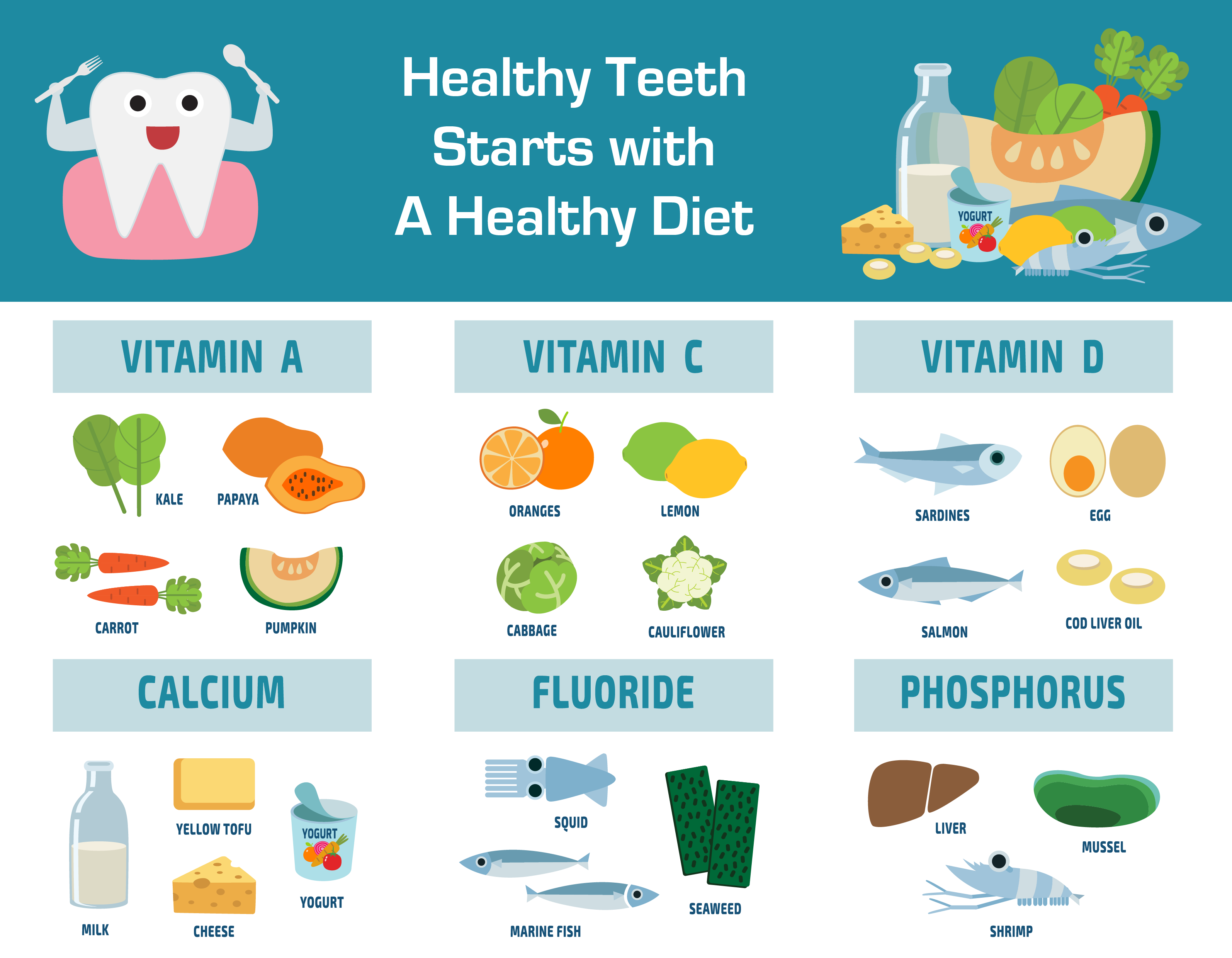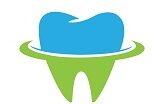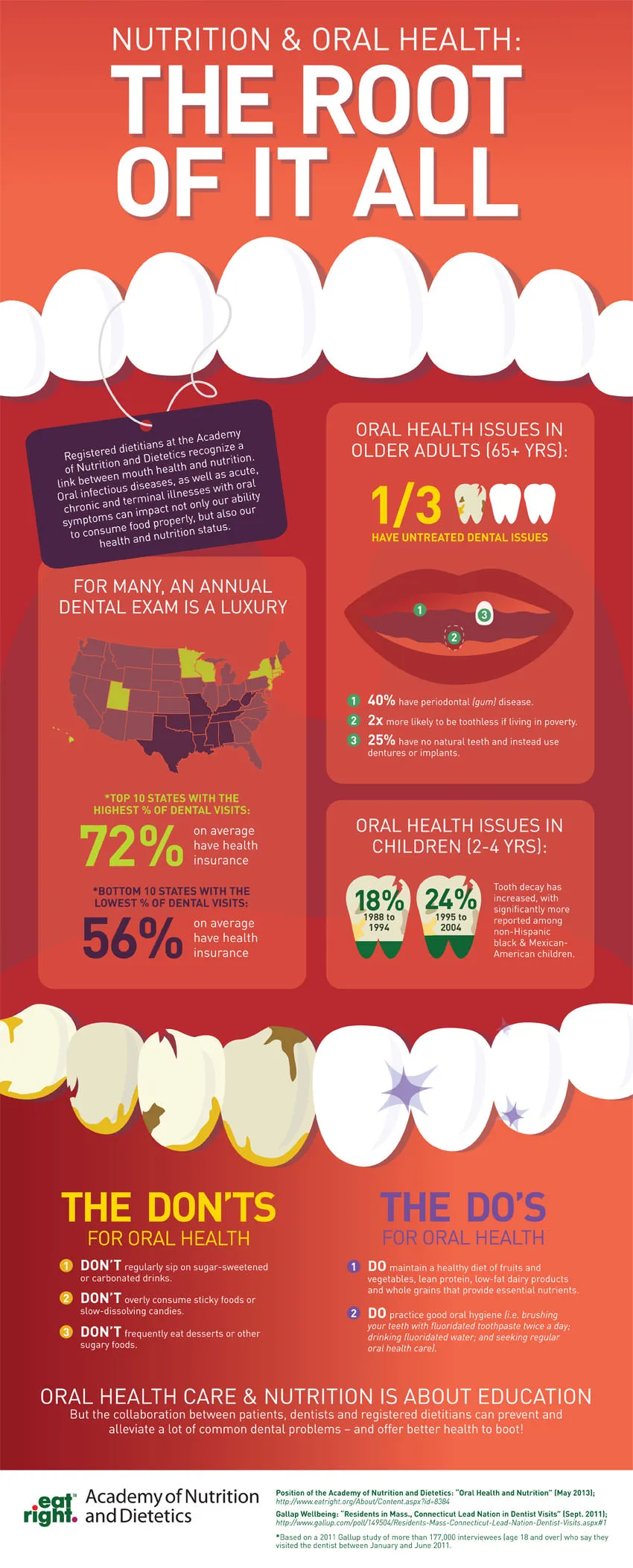The Role of Diet in Gum Health
Did you know that nearly half of adults in the United States over the age of 30 have some form of gum disease? Maintaining healthy gums is not only crucial for your oral health, but it also plays a significant role in your overall well-being.
While brushing and flossing are essential, there is another factor that often goes unnoticed your diet. What you eat can greatly impact the health of your gums, and in this discussion, we will explore the fascinating role that diet plays in maintaining optimal gum health.
Get ready to discover some surprising connections between your food choices and the condition of your gums!
Importance of a Balanced Diet
Maintaining a balanced diet plays a crucial role in promoting healthy gums and overall oral health. Your diet directly affects the health of your gums, and consuming a well-balanced variety of foods can help prevent gum disease and other oral health issues.
A balanced diet should consist of foods from all the major food groups, including fruits, vegetables, whole grains, lean proteins, and low-fat dairy products. These foods provide essential nutrients, such as vitamins and minerals, that are vital for maintaining healthy gums. For example, vitamin C found in fruits and vegetables helps strengthen blood vessels and connective tissues in the gums, while calcium from dairy products promotes strong teeth and bones.
Moreover, a balanced diet can help prevent tooth decay and cavities. Consuming excessive amounts of sugary and acidic foods, such as candies and sodas, can lead to the erosion of tooth enamel and the development of cavities. By including nutritious foods in your diet, you can minimize the consumption of these harmful substances and protect your teeth and gums.
In addition to eating a balanced diet, it’s important to practice good oral hygiene habits, such as brushing and flossing regularly, to maintain optimal gum health. By combining a balanced diet with proper oral care, you can significantly reduce the risk of gum disease and enjoy a healthy smile for years to come.
Foods to Avoid for Healthy Gums
To promote healthy gums, it’s important to be mindful of the foods you should avoid. While maintaining a balanced diet is crucial for gum health, there are certain foods that can be detrimental to your gums.
Here are three types of foods you should steer clear of:
1. Sugary Foods: Consuming excessive amounts of sugar can lead to tooth decay and gum disease. Sugary foods like candies, sodas, and desserts provide a breeding ground for bacteria in the mouth, which can lead to plaque buildup and gum inflammation.
2. Sticky Foods: Foods that stick to your teeth, such as dried fruits, caramel, and chewy candies, can be particularly harmful to your gums. These sticky substances tend to stay on the teeth longer, increasing the risk of bacterial growth and gum damage.
3. Acidic Foods: Acidic foods like citrus fruits, tomatoes, and vinegar can erode tooth enamel and irritate gum tissue. This can weaken the gums and make them more susceptible to infection and inflammation.
Nutrients for Stronger Gums
If you want to strengthen your gums, it’s important to focus on incorporating specific nutrients into your diet. These nutrients play a crucial role in maintaining gum health and can help prevent gum disease.
One important nutrient for gum health is vitamin C. It helps to strengthen the connective tissues in your gums and can reduce inflammation. You can find vitamin C in a variety of fruits and vegetables, such as oranges, strawberries, bell peppers, and broccoli.
Another important nutrient is vitamin D. It helps to reduce inflammation and promote gum healing. Sources of vitamin D include fatty fish, egg yolks, and fortified dairy products.
Omega-3 fatty acids are also beneficial for gum health as they have anti-inflammatory properties. You can find omega-3 fatty acids in fish, such as salmon and sardines, as well as in flaxseeds and walnuts.
Finally, antioxidants like vitamin E can help protect your gums from damage caused by free radicals. Foods rich in vitamin E include almonds, sunflower seeds, and spinach.
The Link Between Sugar and Gum Disease
Sugar consumption plays a significant role in the development of gum disease. It’s important to understand the link between sugar and gum disease in order to make informed choices about your diet and maintain good oral health. Here are three key things to know about this connection:
1. Sugar fuels bacterial growth: When you consume sugary foods and drinks, the bacteria in your mouth feed on the sugars and produce acids as a byproduct. These acids attack the tooth enamel and irritate the gums, leading to gum disease.
2. Increased inflammation: Excessive sugar intake can trigger an inflammatory response in the body. Inflammation plays a crucial role in the development and progression of gum disease. It can cause the gums to become red, swollen, and tender, making them more susceptible to infection.
3. Weakening of the immune system: High sugar consumption can weaken the immune system, making it more difficult for your body to fight off gum infections. This can lead to the progression of gum disease and increase the risk of complications.
Incorporating Gum-Healthy Foods Into Your Diet
In order to maintain good gum health, incorporating foods that are beneficial for your gums into your diet is essential. By making conscious choices about the foods you consume, you can promote healthy gums and prevent gum disease.
One important group of gum-healthy foods is fruits and vegetables. These foods are packed with vitamins and minerals that are vital for gum health. Citrus fruits, like oranges and grapefruits, are particularly beneficial as they’re rich in vitamin C, which helps to strengthen the connective tissues in your gums. Leafy greens, such as spinach and kale, are also great choices as they contain high levels of vitamin K, which is essential for blood clotting and promoting gum healing.
Additionally, incorporating foods that are high in omega-3 fatty acids, like salmon and walnuts, can help reduce inflammation in your gums. Finally, dairy products like milk, cheese, and yogurt are excellent sources of calcium, which can strengthen your teeth and gums.
Frequently Asked Questions
Can Poor Nutrition Really Contribute to Gum Disease?
Poor nutrition can indeed contribute to gum disease. When you don’t get the necessary nutrients from your diet, your immune system may weaken, making it harder for your body to fight off infections in your gums.
Additionally, a lack of certain vitamins and minerals can lead to gum inflammation and tissue damage. So, it’s important to maintain a balanced diet that includes foods rich in vitamins and minerals to support your gum health.
How Do Certain Foods Affect the Health of Our Gums?
Certain foods can have a significant impact on the health of your gums. For example, a diet high in sugar and carbohydrates can increase the risk of gum disease. These foods create an environment in your mouth that promotes the growth of harmful bacteria.
On the other hand, foods rich in vitamins and minerals, such as fruits and vegetables, can help strengthen your gums and improve overall oral health.
It’s important to be mindful of what you eat to maintain healthy gums.
Is It Possible to Reverse Gum Disease Through Dietary Changes Alone?
Is it possible for you to reverse gum disease through dietary changes alone? Yes, it’s possible.
By making certain dietary changes, you can improve the health of your gums and potentially reverse gum disease. A balanced diet that includes foods rich in vitamins C and D, antioxidants, and omega-3 fatty acids can promote gum health.
Additionally, reducing your intake of sugary and acidic foods can help prevent further damage to your gums. Remember, a healthy diet is an important part of maintaining good gum health.
Can Foods High in Sugar Cause Gum Inflammation?
Foods high in sugar can indeed cause gum inflammation. When you consume sugary foods, bacteria in your mouth feed on the sugar and produce acids that attack your tooth enamel and gum tissue. This can lead to inflammation, redness, and swelling of the gums, known as gingivitis.
To maintain good gum health, it’s important to limit your intake of sugary foods and practice proper oral hygiene by brushing and flossing regularly.
Are There Any Specific Diet Plans or Meal Ideas That Promote Gum Health?
There are several diet plans and meal ideas that can promote gum health. Incorporating foods rich in vitamins C and D, such as citrus fruits, leafy greens, and fatty fish, can help strengthen gums.
Additionally, including foods high in antioxidants, like berries and green tea, can reduce inflammation.
Avoiding sugary snacks and beverages, and opting for whole grains and lean proteins instead, can also contribute to better gum health.
Conclusion
In conclusion, maintaining a balanced diet is crucial for gum health.
Avoiding sugary and processed foods can help prevent gum disease, while incorporating nutrient-rich foods can strengthen gums.
By being mindful of what we eat and making healthy choices, we can promote a healthy mouth and overall well-being.
Remember, taking care of our gums is just as important as taking care of our teeth.


Welcome to my website! My name is Jacob Wearne, and I am thrilled to be your guide in the world of orthodontic innovations, pediatric dental care, cosmetic smile solutions, and dental technology trends. As a professional Orthodontic Innovations Specialist, I am passionate about transforming smiles and improving oral health for patients of all ages.

